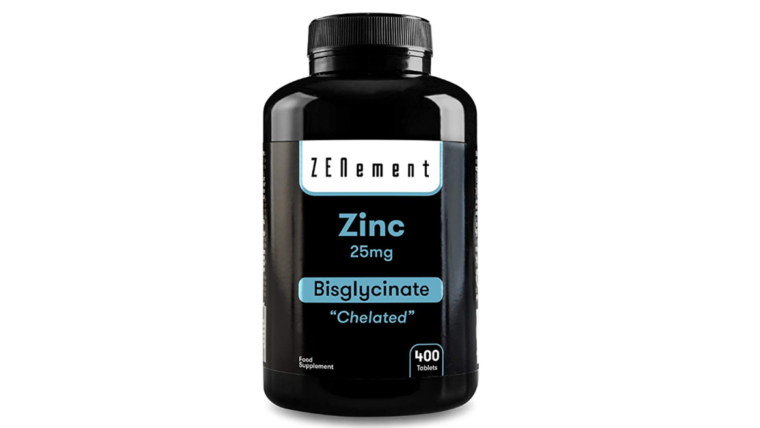What is the difference and how to use them?
Probiotics are a type of organism that can help boost the amount of beneficial bacteria in your gut. They can be taken as supplements and can help solve digestive problems, strengthen the immune system, and even improve your mood!
But! Probiotics are foreign bacteria that do not stay with us, and taking them on an ongoing basis can trigger the development of autoimmune diseases. So what do we do?
The simple answer is – grow your own good bacteria, not pathogenic ones. How? With the right food! Think what you put in your mouth next time – sweets, to feed Candida or parasites, or sauerkraut for good bacteria!
To grow the good bacteria, we also need prebiotics: flaxseeds, chia, pumpkin and hemp seeds, ashwagandha, turmeric, ginger, milk thistle, peas.
Examples of probiotic food – all you can ferment without vinegar. Kombucha, kimchi, miso, natto, sauerkraut and pickles, kefir, probiotic yogurt, without sugar.
What will you eat to maintain your beneficial bacteria?
I admit, I forgot to mention probiotics in my treatment regimen, I always give them to the child, if he gets ill, for me I use probiotic products – kombucha, sauerkraut, beet kvass. But now I also ordered some for myself.
How to choose from a huge variety of probiotics on the market?
Always go straight to the ingredients. Probiotics should be tested to not get destroyed by the acidity of the gastric juice and bile, and that they will not be transient, but colonized in your intestines.
Look for capital letters and numbers, they should follow the name of the probiotic strain, this will mean that the strain was tested and in those letters strain collection is encrypted, their biological properties, in which city and country it was tested.
Leave it to the specialists, you only need to remember that there should be some abbreviations after the name of the strain.
For example, not just Lactobacillus acidophilis and Bifidobacterium longum, but Lactobacillus acidophilis LA-5 and Bifidobacterium longum BB536.
Colonization of bacteria is unpredictable, that is, most bacteria are not colonized at all, while others are temporary and transient, which simply pass through the intestines, like spore-forming bacilli. That is, they participate in the treatment, but do not remain forever.
Colonization of bacteria is also dose dependent. For treatment, probiotics with at least 1 billion of each bacterial strain remaining at the expiration date should be selected.
The probability of colonization of bacteria below this dose is very small. The dosage of 5 billion is better than 1 billion, 20 billion is better than 10.
This is especially true for probiotics, which can be stored at room temperature. Because in the capsule, in a very limited space, the nutrition for bacteria will also be limited, and sooner or later it will end, which means a large number of bacteria will not survive the expiration date. Find examples in my stories.
I personally use this >> Probiotic << available on Amazon


